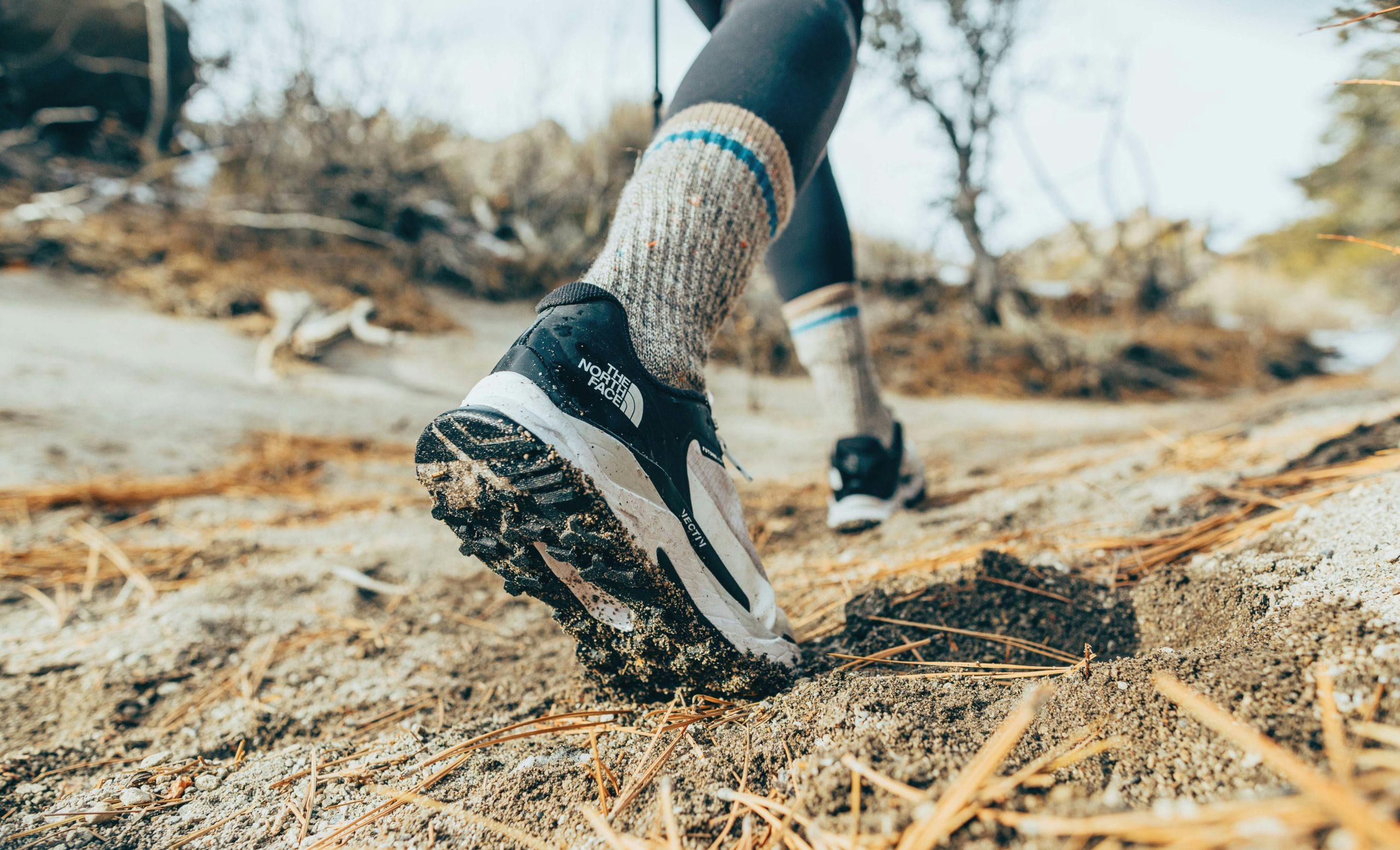What makes you a good climber, adventurer and guide?
Probably a lack of imagination for doing anything else! I think, for me, it’s always having had a passion for the mountains, but in New Zealand it’s still pretty much impossible to mountaineer professionally. So guiding allowed me to spend time in the mountains and make a career out of it.
With your father having climbed on the 1951 Himalaya expedition, was your bond with the region inevitable?
There was no pressure at all from my father; he wanted me to find my own path, which I did. The fact that our lives followed similar pathways was good, but he was from a different era with a different attitude, whereas my interest was in more technical rock or ice climbing.
What was going through your mind when you first summited Everest?
It felt amazing. Everest is a life-changing experience for almost everyone who climbs it, because it represents so much, a massive objective and adventure. But like any mountain, it’s not really until you get down again that you reflect. It’s not just about the moment of standing on the summit, but the whole journey. And my role was to look after other people, so that was my focus.
The first part of your book is overshadowed by the tragic deaths of Gary Ball and Rob Hall. Was it difficult to revisit this?
It was cathartic in many ways. When I came to write, I realised I had buried a lot of it. There is much in the book that I haven’t ever spoken about publicly, and it was good to finally get it out there. And I also felt kind of an obligation to put it on paper, preserving those events from a historical point of view, because otherwise it would be lost.
What leads you to constantly place yourself in an environment where humans don’t belong?
I think part of it is being inquisitive, and pushing your body and your mind to places you haven’t been before. I managed to operate reasonably well in those environments and I wanted to explore that. With what Gary and Rob started, we took Adventure Consultants as far as we could, but with the right philosophical approach and in a positive way. I enjoy travelling and spending time in other places, and consider myself lucky to be able to do that.
What do you require of your clients to be able to guide them into these situations?
Just appropriate capabilities. In my mind it doesn’t matter what your motivations are as long as you are a good person to be with on the expedition. Everyone’s entitled to be in the environment, there are no rules. We’re all different, but along the way we develop the mindset which the expedition needs to operate within.
What changes have you witnessed in the Khumbu region since you were first there?
I think the main thing is the ascension of the Sherpas from simply mountain workers. They’ve developed a lot of skills, and some have gained international guide qualifications. They’ve now grasped their major industry in every area from guiding to lodge managing and even social media.

Everest Mountain Guide: The remarkable story of a Kiwi mountaineer is available from the Wilderness store. Subscribers get a 10% discount.








